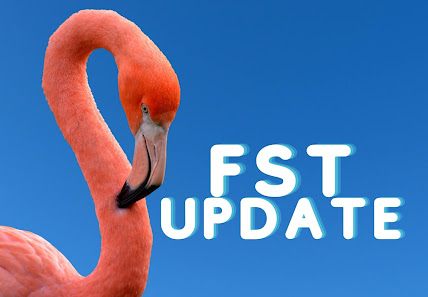Want to listen to this update instead of reading it? Click here to tune into the WFST Broadcast!
No time to read paragraphs? Check out "Five Things to Know about WFST"
Foundation Data Model (FDM): The FST team has recommended some changes to the way worktags will be used in the FDM. The main difference is that we will use two driver worktags instead of three, with the program tag no longer being a driver. Driver worktags determine the values of other worktags – the difference is that now, users will have the option to keep the defaulted value or choose another from a list of allowed worktag values. This approach offers greater flexibility while still limiting opportunities for error. Read more on the blog.
FDM Mapping: The team is working with several schools and units to test out the mapping exercise process that everyone will take part in soon. After a few weeks in May of refining the procedure with these collaborators, the team will have enough info and experience to provide more detailed instructions and expand mapping activities to include others. You can still be making progress with mapping right now, even while we wait for the mapping tool to be available in July. Here's how to prepare for mapping.
Adaptive Planning: The Adaptive Team is still pushing toward the third, Workday integrated version of Adaptive Planning, the University’s new budget tool. The team is refining the current tenant of Adaptive Planning based on user stories they’ve gathered from schools and units across UVA. If you’d like to see more about the work with Adaptive, and the budget process redesign, check out this update.
The Grants management workstream has also been very busy behind the scenes – they're partnering closely with FST colleagues working on the FDM, payroll costing, and reporting and analytics to ensure seamless integration of grants in all those related areas. More here on the blog.
Training: Training plans are coming together. We’re still a year out from the delivery of training, but we’ve pulled together a roadmap that will allow us to design, develop, and deliver training that fits the needs of our stakeholders. See the latest update from the Training Team.
FAQs from Sneak Peek Sessions: We’re answering some of the 244 questions raised in those sneak peek sessions our Change Leaders held after round one of Customer Confirmation sessions – you’ll be seeing some of the most common ones answered in the blog and other coms channels, and we’ll be following up with our Change leaders on those as well. Check out the first three questions and their answers here.
The System Remediation Network has started establishing subgroups intended to help members connect in smaller numbers to discuss remediation-related topics more specifically. The plan is to create about 10 subgroups with about 10-15 system owners each. The groups will meet monthly, and the full SRN meetings will continue monthly as well. Read more on the blog.



























